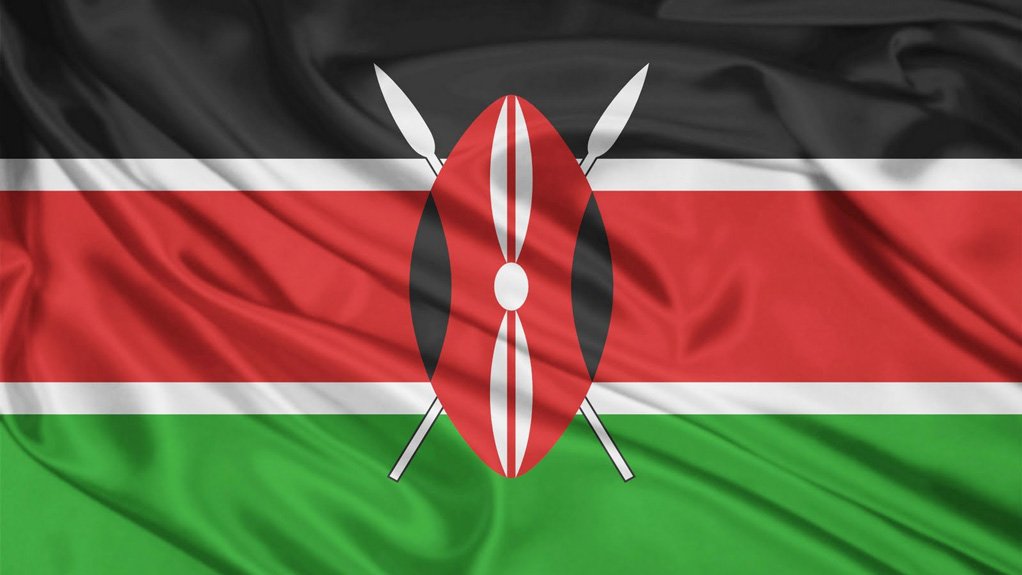The number of Kenyans needing emergency food aid has doubled in the past three months to three-million, the Red Cross said on Tuesday, as the impact of a devastating drought worsens.
Kenya is one of several East African countries suffering from food crises, along with Ethiopia, South Sudan, where famine has already been declared, and Somalia, on the brink of its third famine in 25 years.
Outside the region, Yemen and Nigeria are also facing famine , in what the United Nations (UN) has called the worst humanitarian crisis since the end of World War II.
Like many of its neighbours, Kenya is suffering the effects of two failed rainy seasons in a row, hugely reducing crop harvests. Food prices have soared, pushing inflation to a five-year high of nine percent in February.
"The situation is getting worse every day. Malnutrition rates among children are steadily climbing. Children are getting sick, and livelihoods of families have been decimated following the loss of thousands of their livestock," Dr Abbas Gullet, secretary general of the Kenya Red Cross Society, said in a statement.
"It is more and more difficult for people to access water - people are having to travel for up to three times as long just to get water for their family."
In Kenya, the drought has also exacerbated clashes between pastoralist communities, which have left over 30 people dead, and also imperilled wildlife - a huge draw for tourists.
The number of Kenyans going hungry could increase to four-million in the coming weeks, the statement said.
More than 340 000 children under the age of five are also acutely malnourished.
"We are running out of words to describe the situation in affected parts of Kenya, and across the region," said Fatoumata Nafo-Traore, the International Federation of Red Cross regional director for Africa.
"Our message is simple: humanitarian organisations need resources to respond at the scale that is needed. If we don't, then thousands of people may die, and children will be affected for the rest of their lives.
"And we won't be able to say 'we didn't know'." Trump aid cuts
The widespread food crises coincide with US President Donald Trump's proposed foreign aid cuts, which threaten Washington's place as the world's top emergency donor.
At least $4.4-billion is needed by the end of March to avert a hunger "catastrophe" in Nigeria, Somalia, South Sudan, and Yemen, UN Secretary-General Antonio Guterres said in late February.
But, according to UN data, only 10 percent of the necessary funds have been received so far.
Trump's proposed budget would "absolutely" cut programmes that help some of the most vulnerable people in the world, Mick Mulvaney, the president's budget director, said last week. The budget would "spend less money on people overseas and more money on people back home," he said.
The US traditionally has been the biggest donor to the UN and gives more foreign aid to Africa than any other continent. In 2016, it gave more than $2-billion to the UN's World Food Program (WFP), or almost a quarter of its total budget. That is expected to be reduced under Trump's proposed budget, according to former and current US government officials.
"I've never seen this kind of threat to what otherwise has been a bipartisan consensus that food aid and humanitarian assistance programmes are morally essential and critical to our security," Steven Feldstein, a former deputy assistant secretary of state in the Obama administration, told The Associated Press news agency.
Any cuts at this time are extremely significant, WFP's Africa spokesperson, David Orr, told reporters last week. "The more dramatic cuts in any aid budgets ... the more suffering there is going to be."
EMAIL THIS ARTICLE SAVE THIS ARTICLE
To subscribe email subscriptions@creamermedia.co.za or click here
To advertise email advertising@creamermedia.co.za or click here











